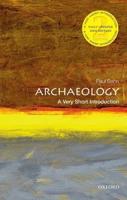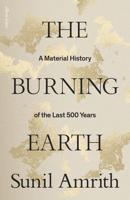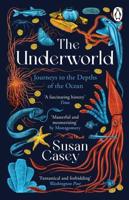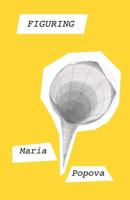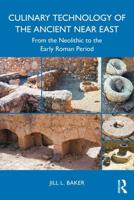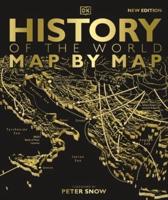Publisher's Synopsis
The Routledge Handbook of Archaeology and Plastics investigates the archaeology of the contemporary world through the lens of its most distinguishing and problematic material.
Plastics are ubiquitous and have been so for nearly three generations since they became widely used in the early 1950s. Plastics will persist for millennia, their legacies as toxic heritage being felt deep into the future. In this book - comprising 32 original, at times disturbing, and critically engaged contributions - scholars from archaeology and other cognate disciplines explore plastics from a number of different angles and perspectives. Together these contributions highlight the dilemma that plastics present: their usefulness on the one hand, and the threats they present to environmental health on the other. The volume also explores the lessons that archaeologists can learn from plastics, about episodes of mass production, consumption and toxicity in the past, and also - importantly - about the future.
This important and timely collection will therefore be of interest to all archaeologists irrespective of their period of study, or their geographical focus, and to students of archaeology and cultural heritage. It will also be relevant for researchers and students in other fields of study that focus on plastics and their environmental and social impacts. Ultimately, this book concerns the contemporary world and the impact of people upon it, through the archaeological lens.


